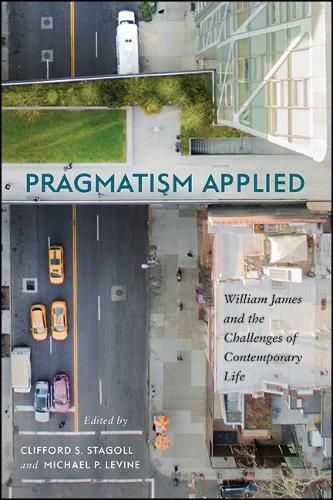William James, one of America’s most original philosophers and psychologists, was concerned above all with the manner in which philosophy might help people to cope with the vicissitudes of daily life. Writing around the turn of the twentieth century, James experienced firsthand, much as we do now, the impact upon individuals and communities of rapid changes in extant values, technologies, economic realities, and ways of understanding the world. He presented an enormous range of practical recommendations for coping and thriving in such circumstances, arguing consistently that prospects for richer lives and improved communities rested not upon trust in spiritual or material prescriptions, but rather on clear thinking in the cause of action. This volume seeks to demonstrate how James’s astonishingly rich corpus can be used to address contemporary issues and to establish better ways for thinking about the moral and practical challenges of our time. In the first part, James’s theories are applied directly to issues ranging from gun control to disability, and the ethics of livestock farming to the meaning of progress in race relations. The second part shows how James’s theories of ethics, experience, and the self can be used to clear away theoretical matters that have inhibited philosophy’s deployment to real-world issues. Finally, part three shows how individuals might apply ideas from James in their personal lives, whether at work, contemplating nature, or considering the implications of their own habits of thought and action.





